Empower Your Journey with Horses!
Join us for a transformative Two-Day Women’s Workshop featuring Equine Assisted Learning (EAL) designed to uplift your self-esteem, boost confidence, and enhance leadership and communication skills. No riding required – just heart-to-heart connection with our incredible horses!
Workshop Details:
- Dates:
- November 16th & 17th, 2024
- December 14th & 15th, 2024
- Time: 9 am – 4 pm
- Location: 6860 Glendon Drive, Melbourne, ON, N0L 1T0
- Spaces Available: Only 4 spots per session!
What to Expect:
- Two Equine Assisted Learning sessions each day
- Various supportive wellness modalities
- Enjoy nature walks along our trails during breaks
- Lunch and snacks provided
Reserve Your Spot Now! Reach out to Sandy for more information and to book your place:
![]() 519-670-3716
519-670-3716
Let a Horse Speak to You—Start Your Journey to Personal Growth!
An Equine Assisted Learning (EAL) Program uses the natural behavior of horses to facilitate personal and professional development. Horses are intuitive, responsive animals, and they can act as mirrors, reflecting human emotions and behaviors, which helps participants gain self-awareness and insights that might be hard to achieve in a traditional learning setting. EAL programs are especially useful for people seeking personal growth, enhanced communication skills, confidence building, leadership training, and even trauma recovery.
What is Equine Assisted Learning?
Equine Assisted Learning is an experiential, interactive program where individuals or groups work with horses in a non-riding setting to accomplish tasks or navigate specific exercises. These activities are tailored to draw out participants’ innate skills, promote self-discovery, and enhance communication and emotional intelligence. Horses’ unique responses during these activities provide feedback that helps participants gain new perspectives on their behavior and relationships.
Why Is It Effective?
Horses are sensitive to body language and energy, responding to cues that might be imperceptible to humans. This sensitivity makes horses excellent “mirrors” for human emotions. When participants interact with horses, their reactions reveal a lot about personal boundaries, trust levels, and how they manage stress or frustration. Because horses live in the present moment, they prompt individuals to do the same, encouraging mindfulness and a non-judgmental awareness that can foster deep, lasting change.
For Whom Is EAL Beneficial?
Equine Assisted Learning is versatile and beneficial for many audiences:
- Children and Adolescents: Helps with building confidence, emotional regulation, and social skills.
- Adults Seeking Personal Development: Useful for exploring emotional resilience, self-esteem, and relationship dynamics.
- Corporate Teams and Leaders: Effective for enhancing teamwork, leadership, and problem-solving skills.
- People Recovering from Trauma: EAL provides a safe, non-verbal environment for healing emotional wounds and fostering trust.
Educational Institutions: EAL can supplement educational programs, especially in areas of social-emotional learning and mental health.
How Does EAL Work?
EAL sessions are guided by certified facilitators and typically involve a variety of ground-based exercises. During these sessions, participants might:
- Lead a horse through an obstacle course, which can help explore leadership styles, assertiveness, and problem-solving skills.
- Engage in grooming or connecting exercises that foster relaxation, trust-building, and non-verbal communication.
- Complete team-building tasks alongside horses, helping to highlight roles, boundaries, and interpersonal communication.
The activities are carefully designed to be challenging yet achievable, providing opportunities for reflection on the thoughts and emotions that arise throughout the process.
Benefits of Equine Assisted Learning
EAL offers a range of benefits, both on a personal and interpersonal level:
- Self-Awareness: Horses’ immediate feedback encourages introspection, helping participants recognize their own emotional and behavioral patterns.
- Improved Communication: By engaging in non-verbal communication with horses, participants learn to become more attuned to body language and cues in human interactions.
- Enhanced Empathy: Working with a sentient, responsive animal fosters compassion and sensitivity, building emotional intelligence.
- Reduced Anxiety: The calming effect of horses combined with mindful, present-focused activities helps reduce anxiety and promote relaxation.
- Leadership Skills: Horses respond best to confident, consistent cues, helping participants to practice and strengthen their leadership abilities.
- Team Building: Group activities with horses require clear communication and collaboration, fostering better interpersonal dynamics and problem-solving.
Equine Assisted Learning taps into the natural bond between humans and animals to facilitate personal growth and emotional healing. By allowing participants to “see themselves through the eyes of a horse,” EAL opens doors to a greater understanding of self and others, fostering skills that carry over into daily life!






